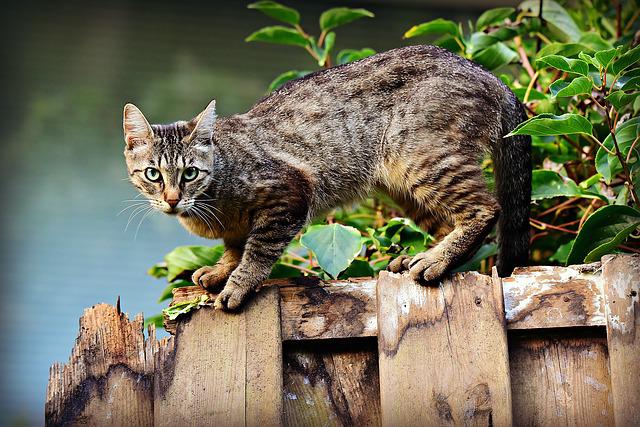How can you tell if your cat is sick?

Cat diseases are the bane of every owner, in addition, they weaken the pet’s body. What’s more, in the absence of prompt intervention, they can lead to the death of the pet. Therefore, it is extremely important to recognize the first symptoms of the disease and seek help from a specialist.
When is the cat sick?
Cats can show various signs of illness. From the side of the guardian, it is important that he catches them quickly and immediately reports the cat to the veterinarian. Of course, there are situations in which we can successfully cope alone, e.g. in the case of a cold or digestive system ailments. However, when diagnosing individually, we are never sure of the diagnosis we make. Therefore, always contact your veterinarian. Especially when you do not have extensive experience in caring for a cat. The most common symptoms of disease in cats include:
- apathy,
- lack of appetite,
- permanent drowsiness,
- avoid contact,
- hiding in different corners of the house,
- odd behavior,
- continuous meowing,
- unprecedented aggression,
- diarrhea,
- fever,
- vomiting,
- cough
- runny nose.
The most common signs of disease in cats are listed above. However, it is worth remembering that each cat is different and may react and show the disease in a different way.
What to do if your cat is sick?
Every owner knows his pet best. When you notice disturbing symptoms in your cat, you should quickly contact an experienced person. In addition to contacting the doctor, we can get information from the breeder or long-time cat enthusiasts. However, the veterinarian should always provide reliable information.
First of all, you should examine the cat well. If you have not done basic blood tests in your cat for a long time – morphology and biochemistry – it is worth doing them. Then we can have a quick overview of the pet’s general health. It is important to keep in constant contact with your veterinarian during the course of the disease. In addition, as a guardian, let’s make sure to provide all disturbing symptoms so that the veterinarian can quickly make an accurate diagnosis.








